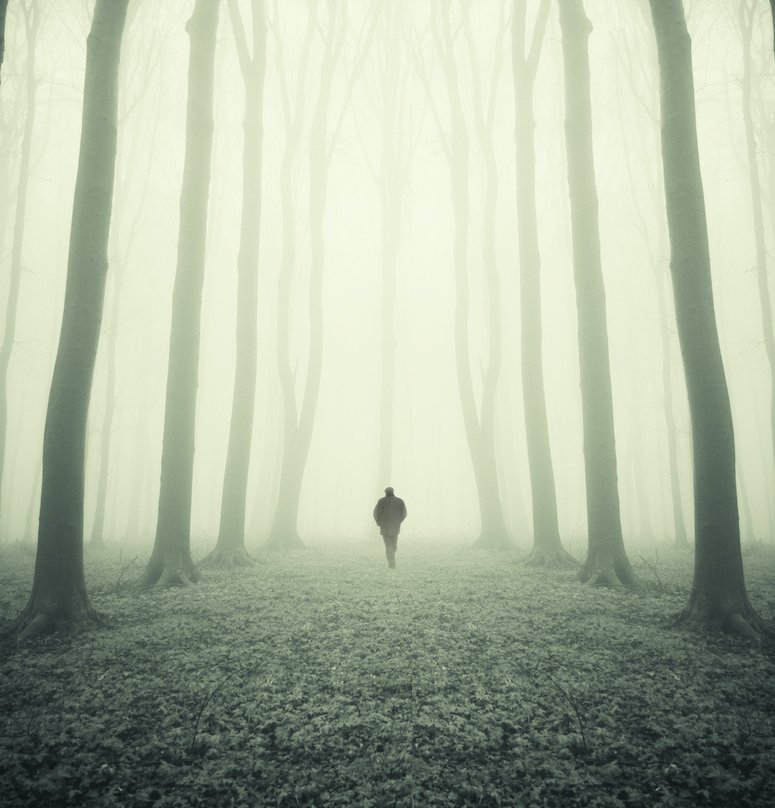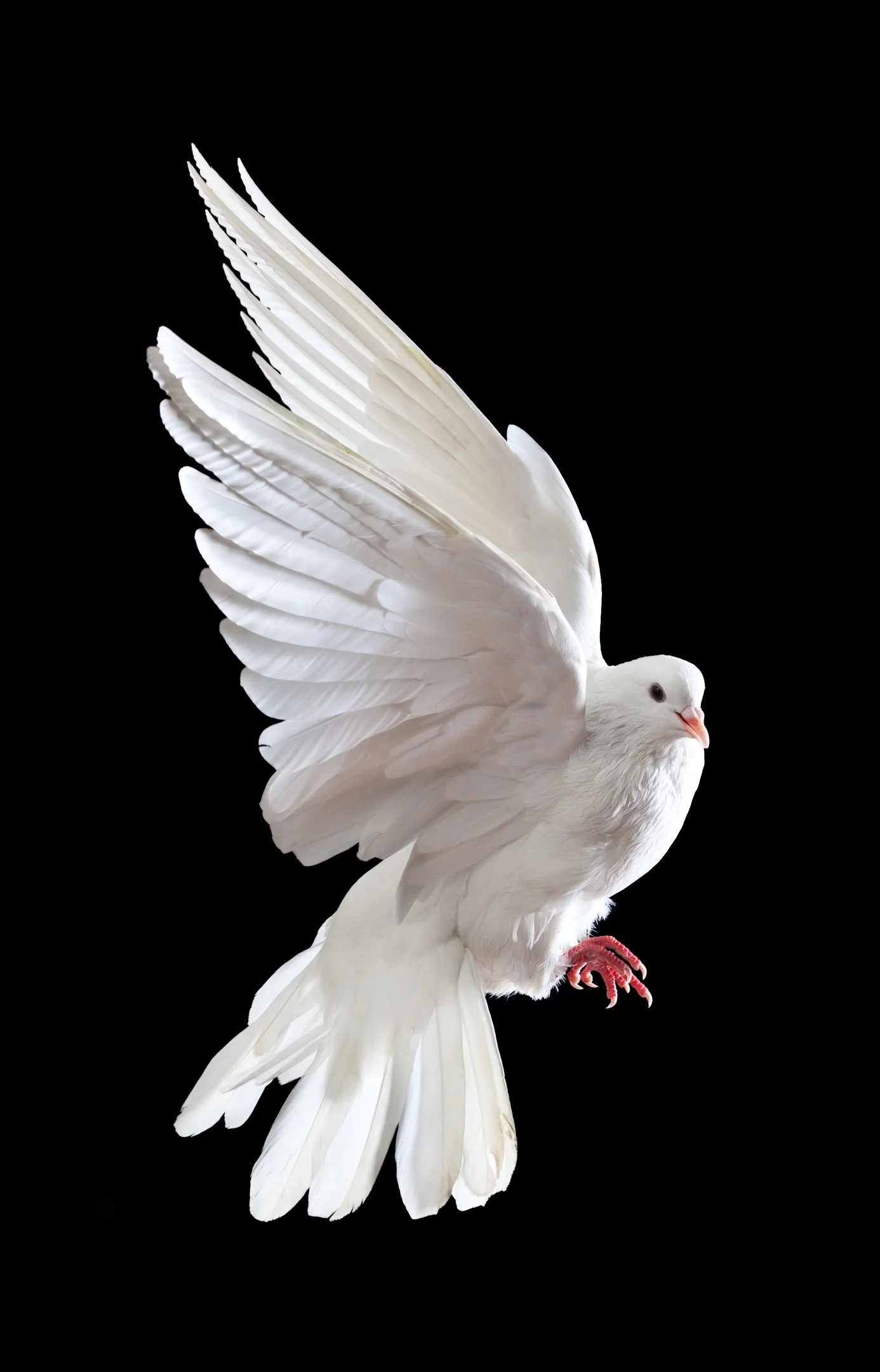Entering into the mystery
The awareness of death - that process by which we are here, and then somehow, not - is as old as human consciousness.
As such, recognition of this ‘event’ - by way of ritual, ceremony, solemn as well as joyful celebration - is embedded within ancient human history.
As I write these words, it’s October 31st.
It’s a ‘cross-quarter’ day - the midpoint between the Autumn Equinox and the Winter Solstice - and, in many traditions, considered a threshold ... a crossing from the known into the unknown.
Around this day (as well as the one that follows) are marked by many cultures as the time to honor the inevitable transition we all will face - in nature, as well as in body.
From the “Beautiful Festival of the Valley” in ancient Egypt, to “Samhain” (‘summer’s end’) in Gaelic cultures, to “Dia de los Muertos” (‘Day of the Dead’) in pre-Columbian Americas, ancient people did (and still do in many places) heed the call of life returning to the Earth prompted by the declining light and warmth, in all its forms.
In Wales, November 1st is called “Calan Gaeaf”, and is observed as the start of the new year.
The preceding day, “Nos Galan Gaeaf”, is when the veil between the worlds grows thin; the spirits of the dead cross over, and the living avoid places like churchyards, crossroads, and shorelines, where the dead are said to dwell at this time.
The church my husband and I have been attending is of Welsh lineage, and the pastor there is a huge Welsh enthusiast.
Just today, he was sharing a bit about how this ‘cross-quarter’ day (like others) had been ‘baptized’ with Christian themes … in this case, “All Saints, or All Hallows Day”, where all the saints, known and unknown, are honored.
Death is still acknowledged in this celebration - but also ringing with the motifs of resurrection - a second Easter, of sorts.
By comparison, our own cultural Halloween seems a shallow mockery - devoid of honor, respect or spiritual meaning.
Author John O'Donohue once said that 'the dead are our nearest neighbors', while also lamenting that our modern life does not include this inevitable aspect of our human experience.
In “Anam Cara: A Book of Celtic Wisdom*”, he writes:
"Death is pushed to margins of modern life. There is much drama about the funeral, but this often remains external and superficial. Our consumerist society has lost the sense of ritual and wisdom necessary to acknowledge this rite of passage. The person who entered the voyage of death needs more in-depth care."
O'Donohue speaks also of the Celtic “hospitality to death”, for example, displayed in the ritual of the caoineadh, wherein the women of the village would come in and keen (a high-pitched wail) singing the history of the deceased.
"The caoineadh,” he writes, “helped people to let the emotion of loneliness and grief flow in a natural way." (Boldface mine).
(*I will seek any excuse to quote from John O’Donohue, and this is an Amazon affiliate link …. :)
I don’t imagine that rituals of this sort attempt to temper, deny, nor dismiss the very real grief and fear around death - of other or self.
In fact, these ‘holidays’, these rituals, and the acknowledgement of the mystery in a communally-held space sanctioned for authentic emotional abandon serve the higher purpose of transforming grief and fear, rather than allowing it to become stuck and cancerous energy.
The thing about unexpressed emotions of this caliber is that they will seek expression in some way.
This seems to be exemplified by our culture's enactment of what "Halloween" has become - at best, literally 'hollow’, devoid of any depth or meaning.
At worst, it displays a kind of weird obsession with the gorier and scarier aspects of death - evidence that while we still cannot seem to reconcile the mystery of death to our very 'science-based', rational intellects, we are compelled to encounter it in some form.
The Age of Reason, and its noble attempts to free us from the tyranny of superstition, has unfortunately sacrificed something very essential to our humanness in the process: our need for mystery, for a sense of humility, and our place in the great wheel of Life; our need for play and re-enactment and engagement with our deepest terror and fears of loss.
It’s kind of funny to consider that it may be only the commercial potential giving any reason for our society to keep these traditions alive at all.
So, what do we do?
This past almost two years prompted me to wrestle with my own ‘elephant in the room’.
That is, the realization that if I was going to face the impending uncertainty with any form of courage and grounding, I had to begin with the end in mind: finding peace with what will be inevitable in any scenario, and becoming more ‘hospitable’ to death.
Every spiritual tradition has laid out teachings for apprehending the concept of death, and offering it as a context for how we can better live … some that promise an afterlife, another life, an expansion of life, or even, nothing at all.
There are scads of books, institutes, ‘death doulas’, and ‘death cafes’, where people can gather to at least just talk about what seems to be a taboo subject.
As far as instituting ritual - even if in simple celebration of the turning of the seasonal wheel - writer/psychologist/mythologist Sharon Blackie offers a recognition of our entry into the dark half of the year.
That this is a time for surrendering to the darkness:
A time to reflect and to renew
A time for going inside
A time for celebrating our ancestors – our genetic lineage, the ancestors of our places, and our spiritual ancestors, and;
A time for identifying those qualities and issues in our lives which need to be transformed in the long dark of the cocoon
Perhaps practicing these recognitions both alone and with others can help us find greater peace, dispelling the shadows of fear so covering the world right now.
If it’s your path, I pray for you blessings as you walk along the shorelines, entering into the mystery of death, as well as life.
New: A Tiny Grief Course
A 20-minute practice (in both video and audio form) to help create a sense of spaciousness in the body if grief is feeling particularly heavy.
A simple form of self-care for a time where breathing can become restricted and yet, is more important than ever.




